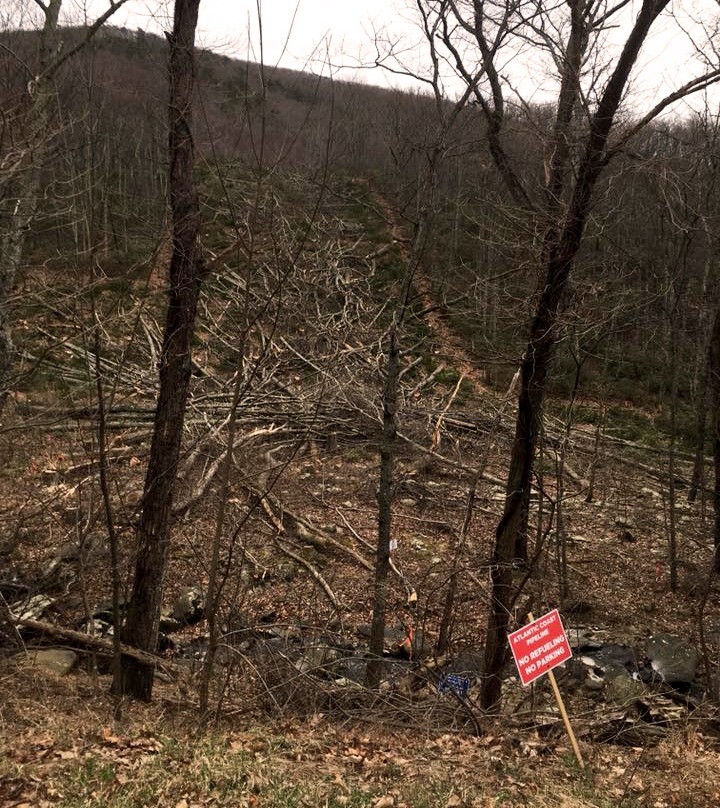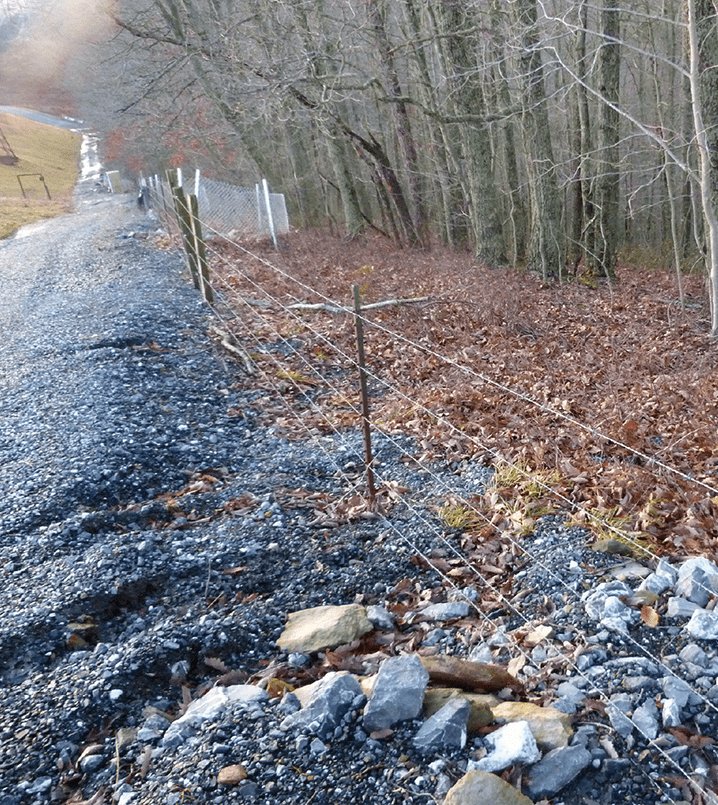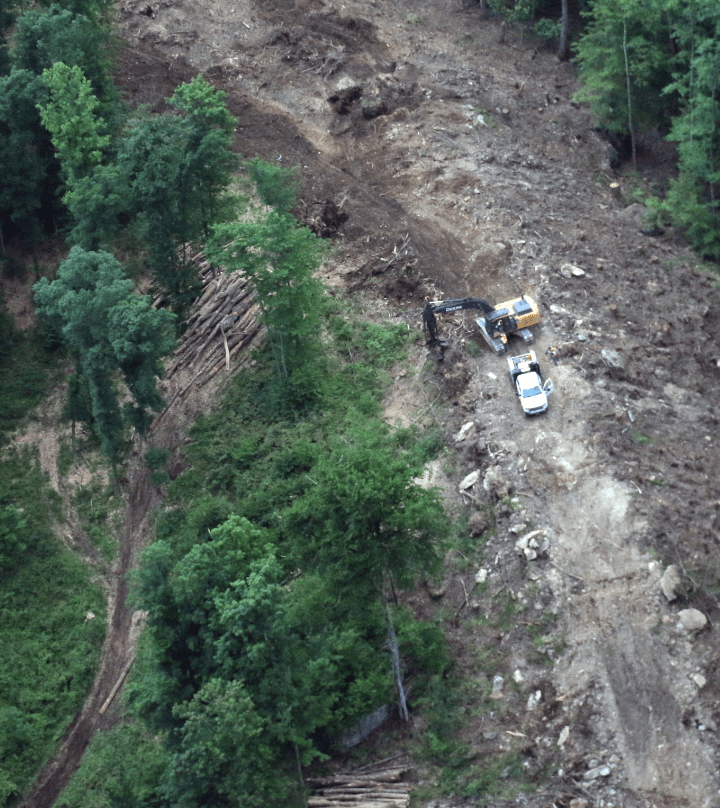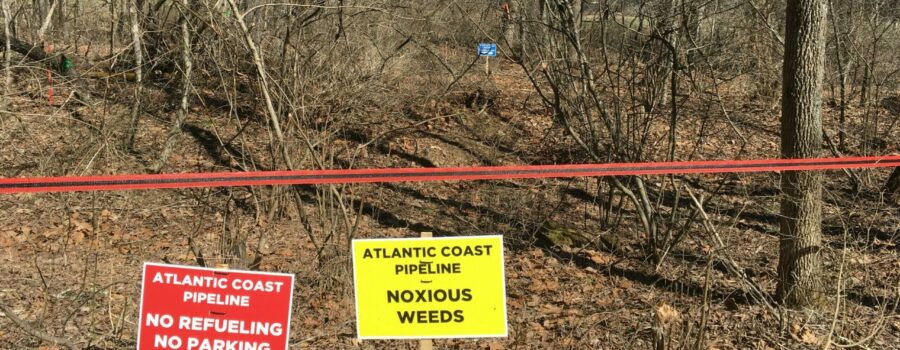Earlier this year the Atlantic Coast Pipeline (ACP) submitted a Restoration Plan outlining how it proposes to restore its cancelled pipeline right-of-way. ACP also asked for a yearlong extension to its Certificate of Public Convenience and Necessity in order to do this.
As has been typical of the shoddy work produced by the ACP, the Restoration Plan is deeply flawed. Natural and Historic Resources are left vulnerable and there is no proposal to return the easements to the property owners.



There is hope, however, as the Federal Energy Regulatory Commission (FERC) has opened up a new scoping period to allow public comment on the ACP Restoration Plan. FERC, for the first time, seems genuinely interested in hearing from the people in the path of the pipeline, therefore we recommend that everyone take a few minutes to re-engage in the fight and finish things once and for all.
There are a couple ways in which you can re-engage with FERC and let your voice be heard. However, you must do so by FRIDAY, APRIL 16, 2021 at 5 p.m.
If you are wondering what to say in your comments, here are a few things to consider:
Landowners should get their land back on their own terms.
- Landowners with right-of-way easements on their property should be offered the opportunity to regain full ownership of their property.
- Landowners whose property has been affected in any way by surveying, pre-construction assessment, tree cutting, or construction should have the opportunity to outline individual restoration requirements for their land.
Environmental damage in the right-of-way and workspace areas should be fixed in a way that does no more harm.
- No more trees should be cut down, period.
- ACP should be required to hand-treat invasive plants that have gained a foothold in cleared rights-of-way.
- ACP should replant with native pollinator plants to replenish the endangered rusty-patched bumble bee habitat.
- The harm to freshwater mussel populations by rights-of-way clearing should be assessed and addressed.
Historic and cultural resources still need to be considered.
- ACP must keep all its promises regarding how historic and cultural resources would be handled. For example, ACP promised to rebuild the historic rock walls near Sherando, but does not mention upholding that promise in the restoration plan. Further, the ACP promised to work with the Augusta County Historical Society on presenting public programming regarding a number of impacted Native American and African American cultural resources. These promises remain unkept.
Lastly, but very importantly, we should be allowed the opportunity to provide oversight on this restoration plan, and ACP should be held accountable for satisfactorily completing the tasks in a timely manner rather than continuing to kick the can down the road by extending completion deadlines.
You can dig deeper into all of these points with these resources:
- Our comments submitted by Southern Environmental Law Center
- This document on considerations for landowners by our partners at Friends of Nelson
As always, comments told from the heart are the best. Let FERC know how this project negatively affected you, your property, and your community and be specific in telling FERC how it can hold the ACP’s feet to the fire and make things right.
Here’s how to comment:
- You can make short comments of up to 6,000 characters by going to https://ferconline.ferc.gov/QuickComment.aspx and filling out the form. FERC will e-mail you a link within a few minutes, which you can use to submit your comment.
- If you want to write longer comments using the e-File process, and/or you wish to formally become an Intervenor in this proceeding (landowners with easements on their property are encouraged to become Intervenors) you can follow this detailed guide that our fellow pipeline fighters, Friends of Nelson, put together to help you do either or both of those things.
NOTE: The FERC Docket Number to use on either eComments or eFiling is CP15-554-009.

